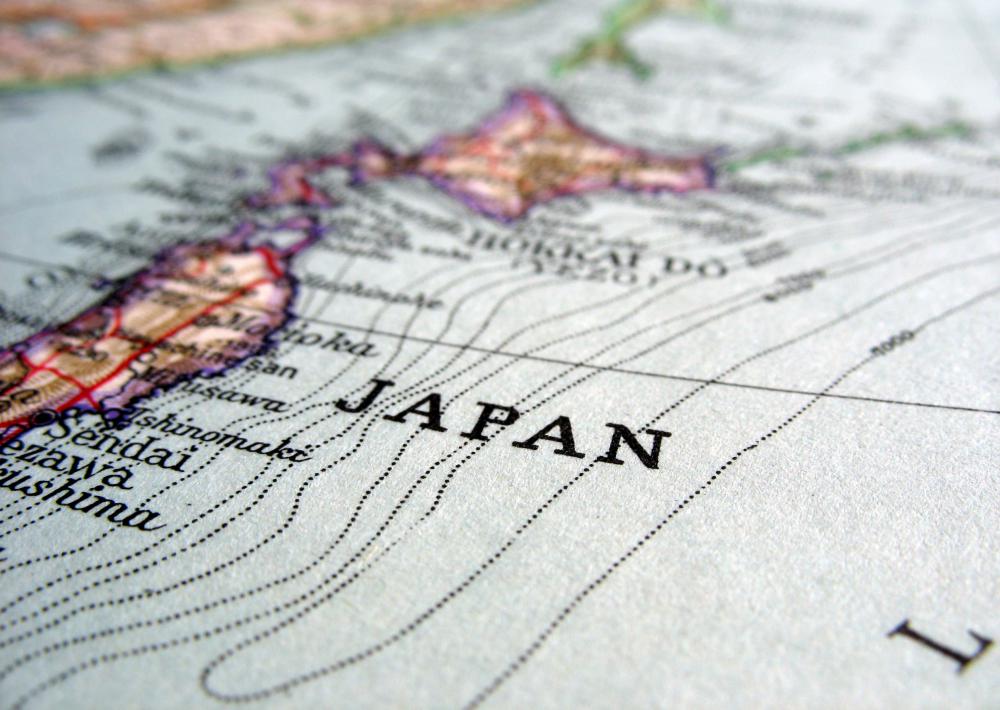At WiseGEEK, we're committed to delivering accurate, trustworthy information. Our expert-authored content is rigorously fact-checked and sourced from credible authorities. Discover how we uphold the highest standards in providing you with reliable knowledge.
What is Pachinko?
Pachinko is a gaming device originating in Japan that is similar in concept to the slot machine. Pachinko is also similar to pinball, as the player releases balls into the machine which run through a series of pins to fall into slots at the bottom of the machine. Getting balls into certain combinations of slots results in a win. Original pachinko machines were entirely mechanical, but now most are partially computerized.
Pachinko originated in the 1920s as a children's game, but had evolved into an adult pastime by the 1930s. Today, there are many pachinko parlors in Japan and Taiwan. Prizes, tokens for more balls, and supermarket vouchers are some common prizes for winning pachinko, and it is illegal to offer cash prizes in Japan. However, many establishments are connected to an exchange center that allows customers to trade in their winnings for cash at a percentage of their actual value.

Modern pachinko machines incorporate a digital slot machine, and the goal is to get three matching numbers or symbols in a row. After the first win, the machine enters payout mode, in which a large gate opens at the bottom of the board. The player must try to shoot as many balls as possible into the gate to earn a jackpot.
Most pachinko machines employ the kakuhen system, in which certain winning combinations increase the odds of subsequent jackpots by ten. If the jackpot is not a kakuhen combination, play enters jitan mode, in which the center gate becomes easier to launch balls into over the following 100 spins. If no further jackpot is reached during the jitan period, the machine returns to its original mode.
Pachinko machines may be set by the establishment to offer better or worse odds, with the result that not all machines in the parlor pay at the same rate. Sometimes, pachinko parlors offer information on which machines pay better to people who join their club. However, competition for good machines is high among those in the know. Pachinko parlors also commonly set their machines to pay better during holidays to entice casual players to return.
AS FEATURED ON:
AS FEATURED ON:











Discuss this Article
Post your comments